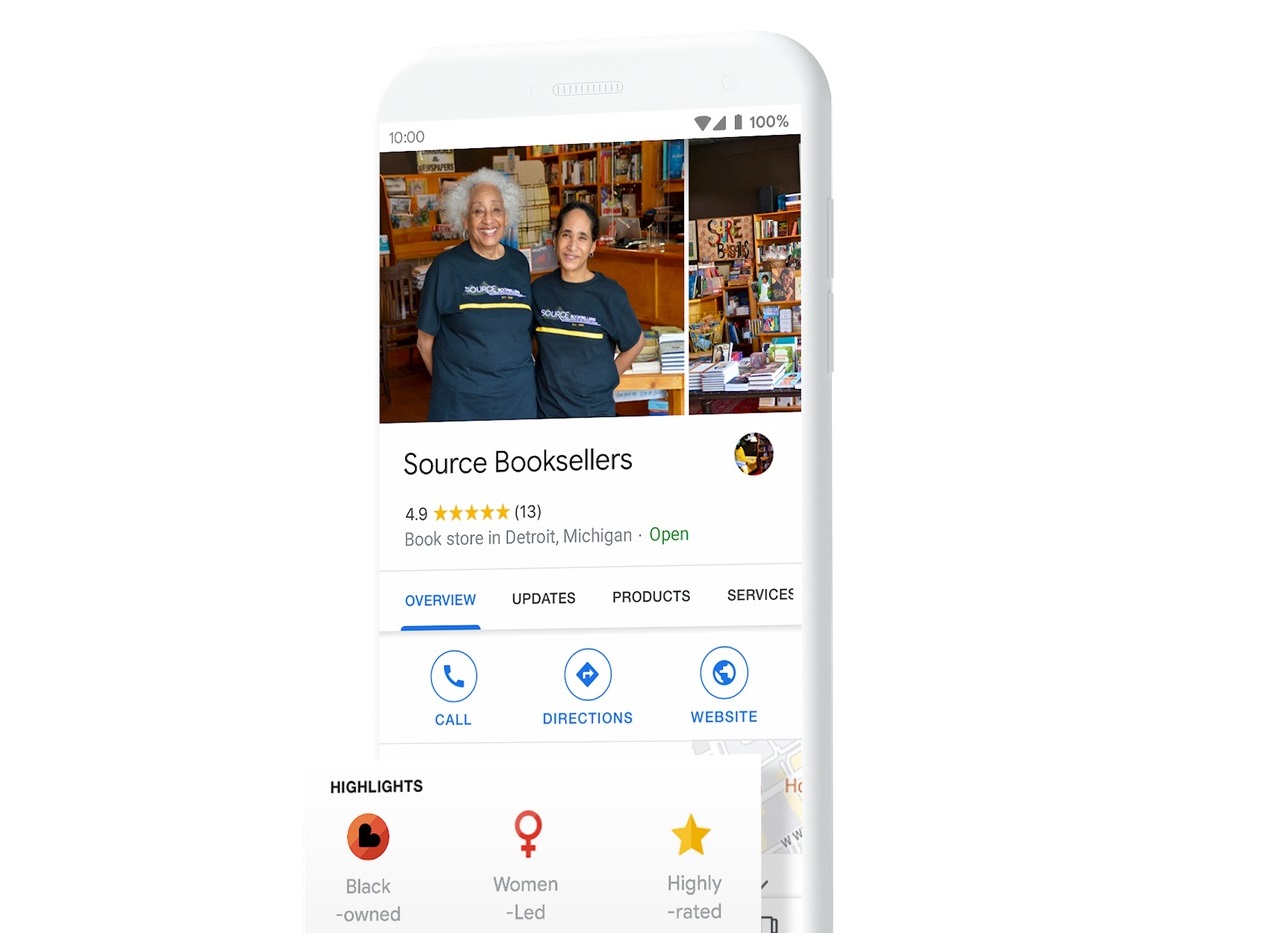Google warns businesses not to disable their websites
Drastic action amid COVID-19 crisis could damage search rankings


Google is warning businesses to not disable their websites during the coronavirus pandemic as it could result in a significant drop to site search rankings, even when correctly implemented.
Instead, the search engine company is offering advice for keeping websites online but with temporary limits on function.
RELATED RESOURCE

Feeding the content-data loop
Like data, content must be well-managed, trustworthy, and secure
As businesses around the world are experiencing a drop in sales or service due to the spread of COVID-19, Google has issued a list of recommendation in a blog post written by webmaster trends analyst John Mueller.
The company is advising this as the best practice to help protect firms in the long-term.
"As a last resort, you may decide to disable the whole website," Mueller wrote. "This is an extreme measure that should only be taken for a very short period of time (a few days at most), as it will otherwise have significant effects on the website in Search, even when implemented properly.
"That's why it's highly recommended to only limit your site's functionality instead. Keep in mind that your customers may also want to find information about your products, your services, and your company, even if you're not selling anything right now."
Google's best practice in this regard is to disable the cart functionality on your site. This, according to Mueller, is the simplest approach and won't affect your site's visibility.
Get the ITPro daily newsletter
Sign up today and you will receive a free copy of our Future Focus 2025 report - the leading guidance on AI, cybersecurity and other IT challenges as per 700+ senior executives
He also recommends advertising what the situation is with a display banner or popup with relevant information for your customer base. This should mention any delays to usual shipping, pickup times or changes to delivery options.
If your website uses structured data, you should make sure to adjust it to reflect current availability. Also, check your merchant centre feed and update Google and make requests to limit page numbers.
The company is making it clear that deleting a website is the last resort, but if a company does decide to do so for one or two days, then it should return an informational error page with a 503 HTTP result code instead of all its content.
If the site is going to be down for longer, Google recommends providing an indexable homepage as a placeholder for users to find in Search by using the 200 HTTP status code.
Bobby Hellard is ITPro's Reviews Editor and has worked on CloudPro and ChannelPro since 2018. In his time at ITPro, Bobby has covered stories for all the major technology companies, such as Apple, Microsoft, Amazon and Facebook, and regularly attends industry-leading events such as AWS Re:Invent and Google Cloud Next.
Bobby mainly covers hardware reviews, but you will also recognize him as the face of many of our video reviews of laptops and smartphones.
-
 Cleo attack victim list grows as Hertz confirms customer data stolen
Cleo attack victim list grows as Hertz confirms customer data stolenNews Hertz has confirmed it suffered a data breach as a result of the Cleo zero-day vulnerability in late 2024, with the car rental giant warning that customer data was stolen.
By Ross Kelly
-
 Lateral moves in tech: Why leaders should support employee mobility
Lateral moves in tech: Why leaders should support employee mobilityIn-depth Encouraging staff to switch roles can have long-term benefits for skills in the tech sector
By Keri Allan
-
 Google expands minority support by labeling Black-owned companies
Google expands minority support by labeling Black-owned companiesNews Gives customers a way to easily find and support Black-owned businesses
By Justin Cupler
-
 Fact-check information now added to Google Images
Fact-check information now added to Google ImagesNews Articles with fact-checked images to include a label
By David Gargaro
-
 DuckDuckGo vs. Google: Privacy or popularity?
DuckDuckGo vs. Google: Privacy or popularity?Vs Google may reign as king, but it’s not the only option in the world of search
By Sarah Brennan
-
 Google is getting worse as it does more
Google is getting worse as it does moreOpinion Search is Google’s heart, but the algorithms that run it are clearly struggling to keep up with the web
By Nicole Kobie
-
 Google's 'mobilegeddon' update release date arrives
Google's 'mobilegeddon' update release date arrivesNews Google has updated its mobile-friendly algorithm, which will penalise many prominent sites in the process
By Caroline Preece